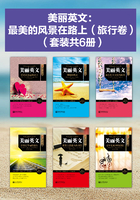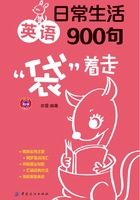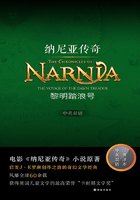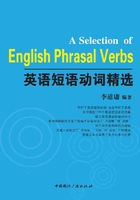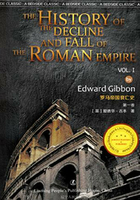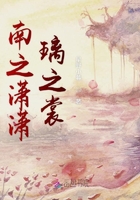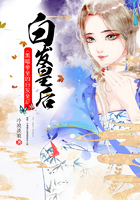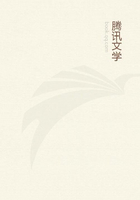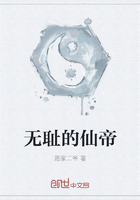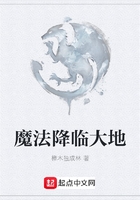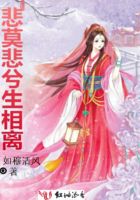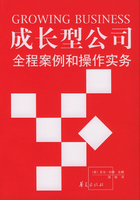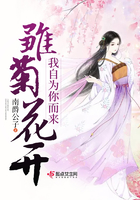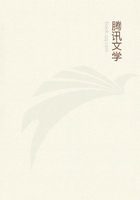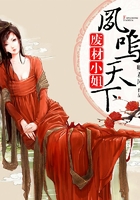Xu Zhuoyun also believes that the later years of the Ming Dynasty saw a group of southern scholars who found less than desirable aspects in the political system, even beginning to question the premise of Confucian teachings. Xu Zhuoyun draws on scholars Huang Zongxi and Gu Yanwu as evidence that Ming scholars were indeed liberal thinkers. Huang Zongxi's records raise concern with the royal household selecting the heir to the throne. Under an autocratic regime, this was a bold statement to make. He suggested the gathering and collaboration of intellectuals on political issues, and the submission of a communal recommendation to the magistrate, who would then govern based on the discussion outcomes. This was not a representative government system, but rather an encouragement of the participation of scholars in political affairs. He believed that local officials should not be freely appointed and replaced by the emperor, but rather, they should be local residents with tangible power and independence, with the ability to actually do something for their people. In essence, he suggested a local autonomy, similar to a commonwealth—governed in localities by moralists and intellectuals. Xu Zhuoyun called this a "mediocre first step in the long journey to the democratic system conceived in Europe."
As for Gu Yanwu's Ri Zhi Lu (Daily Knowledge Records), Xu Zhuoyun comments, "Every line is a complaint, from past to present, about the shortcomings of absolutely every aspect of the system. Taxes, conion, appointment of officials—everything was unreasonable, everything was wrong. This critical nature is representative of his time, stressing the importance of freedom and liberality."
Xu Zhuoyun breaks down the premature end to this "Enlightenment" into two factors: the Qing army's military conquest, and the social restrictions imposed by Confucian philosophy and traditional Chinese values. Regrettably, this is where China's and Europe's developments diverge. "Europe's Enlightenment continued along a path to democracy, while China's Enlightenment was a dead end."
The Ming and Qing dynasties were indeed yet another point of divergence for China and Europe. But was it that China's Enlightenment had reached a dead end, or that traditional Chinese culture and government had reached a dead end?
After examining representative figures in the Ming reign of Wanli (1573-1620), Huang Renyu concluded that China's political system had reached its end, from the emperor down to the commoners, and not one person was spared suffering. He believed that the legal system of the last two millennia of Chinese civilization has been completely based on morals, and with the Ming, it reached its turning point. This is the crux of China's problems; this is, in essence, China's inevitable turning point.
Everything is subjective to one's point of view. According to different ways of thinking, observing history from a different perspective, people always find a different landscape, different conclusions.
In 1644, the Chinese nation suffered a magnificent defeat. This once great nation who sailed the seven seas, boasting its strength for all to see, not only missed the opportunity to integrate with the Western boom, but also failed to see through the transition to a truly capitalist economy. In the end, it couldn't even defend itself against the primitive tribal invaders of the north. This was more than a national tragedy, and it was a tragedy for civilization.
If in the late Ming Dynasty there was even a grain of hope that modern civilization was achievable, and that there was a speck of light in the darkness for China's modernization, the Qing conquer and bloodshed completely destroyed it. Under the oppression and enslavement of the Qing, China sunk into a deep, dark abyss.
AT THE SAME MOMENT China had come completely off its rails, a true Enlightenment was brewing on the other side of the Earth.
Following the Renaissance and Religious Reforms, Europe continued to gather energy in its unstoppable push toward modernity.
The Renaissance revival of Platonism and Neo-Platonism had a profound impact on the defining minds of this era, including Copernicus, Kepler and Galileo. In 1543, Copernicus first raised heliocentricity in his On the Revolution of the Heavenly Body, an act later becoming known as the "Copernican Revolution." Kepler debunked the authority of the "round world" myth, with his discovery of the actual laws of planetary motion, setting a precedent for modern science. Galileo built his own telescope, beginning a new era of astronomy and becoming one of the greatest experimental scientists of all time. In 1616, the Roman Inquisition denounced his theory as preposterous and ridiculous, forcing him to admit its illegitimacy and sentencing him to life imprisonment. He was adamant that his findings were correct, muttering to himself, "no matter what happens, the world will still be rotating."
While not philosophers, Copernicus, Kepler and Galileo and their works were a tremendous shock to European thought, sparking a wave of important philosophical developments. Their hypothesis and discoveries overthrew medieval cosmology and Aristotelian notions of physics. Aristotle's work once convinced the majority of people, but the scientific breakthroughs of Bacon and Galileo dismissed it as absurd and insignificant.

